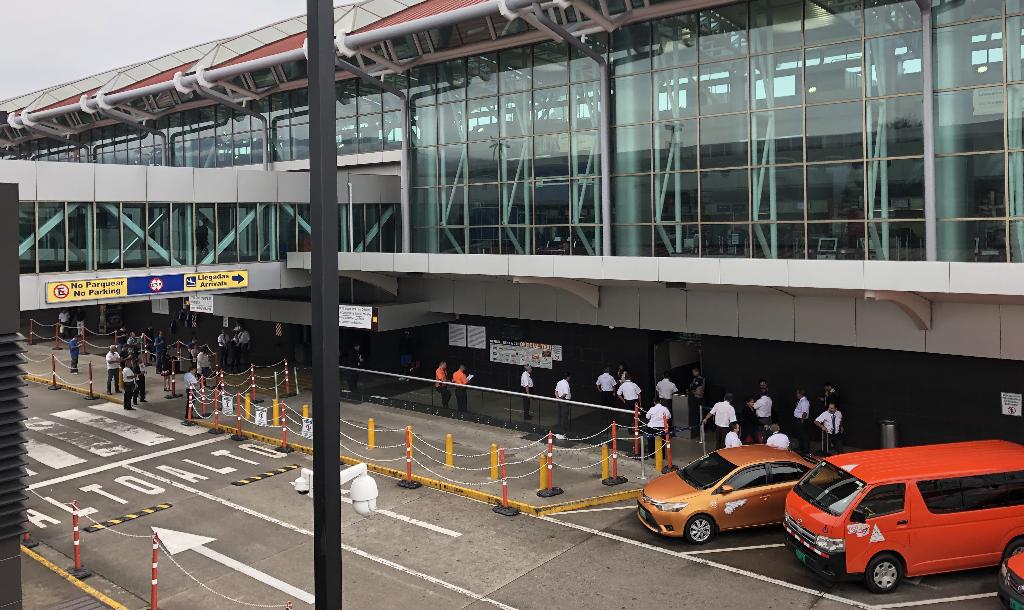During the restrictions, Costa Rica will continue to deny the entry of tourists; only Costa Ricans and residents (who left the country prior to March 24) will be permitted entry, be tested for covid-19, and subject to a mandatory 14-day isolation order.
The move frustrates the announced plan by the German airline, Lufthansa, to reactivate flights to/from Costa Rica starting June 17.
For foreigners, exceptions may be made for “humanitarian cases,” as had been stated weeks ago by the Minister of Public Security, Micheal Soto, for instances approved by the immigration service, the Ministry of Health, and Foreign Ministry.
Airline crews and diplomats will also be allowed to enter the country. Last week, a plan was announced to keep cargo moving, allowing truckers, up to 72 hours, to enter Costa Rica to take on a load or unload their cargo at a bonded warehouse and traveling under a defined route.
Minister Salas reminded that legal residents in Costa Rica who leave the country will not be allowed entry during the national emergency and may lose their residency status.
Tourist stays in Costa Rica are normally limited to a maximum of 90 days. However, foreigners who entered Costa Rica on a tourist visa after December 17, 2019, can legally remain in Costa Rica until August 18, 2020. The extension is automatic and they will legally be able to drive during their stay.
Following the start of the border restrictions, commercial flights were suspended. Although there have been announced plans to resume service, the only airline and with limited service between the United States and Costa Rica is United, with direct flights between Houston, Texas (IAH), and San Jose (SJO).
Minister Salas continued his call asking the population to avoid nonessential travel and stay at home.
Source: Today Panama.






































